Is Health AI Regulation Headed in the Wrong Direction?

Late last year, president Biden signed a bill that aimed to take a robust step toward regulating the runaway train of AI. The concern around AI has been that if not appropriately safe-guarded, there could be severe consequences for society. From deep fakes to robocalls with voices of famous people, it is clear that AI […]
Payers and AI
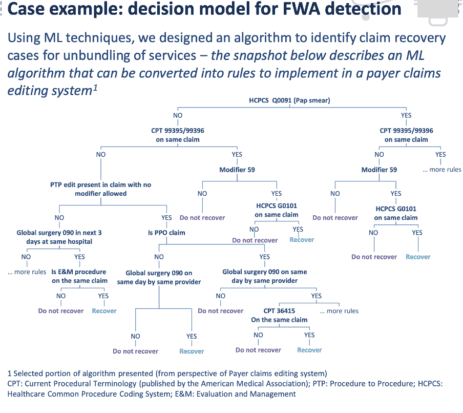
According to a study by Accenture, AI could significantly improve operations and boost the health payer bottom line.One way to accomplish this is by automating processes across billing, customer service, claims, enrollment and quality and compliance. The report concludes that automating functions could generate $1.5 million in operating income for every hundred employees at payers. […]
Why is Healthcare More Expensive in US?

The United States spends a huge amount on healthcare, more than any other country both in total and per capita. However, all of that money doesn’t buy better outcomes than other developed nations. So where does the money go? You won’t be surprised to know that there’s been a lot of research into exactly that. […]
AI in Hospital Operations

AI can be instrumental in helping hospitals to boost decision-making by using quantifiable metrics to assess the quality of healthcare. As with medical practices, robotic process automation plays a key role in streamlining hospital operations. We mentioned Olive earlier in the context of billing and coding for medical practices. Their use of robotic process automation, […]
AI in Practice Management II

AI can also be used to automate certain aspects of pre-visit planning to make physician care encounters more efficient and rewarding for patients and physicians. This would improve the overall workflow at the physician’s office as patients can be checked in faster, physicians can view prioritized information to make visits more efficient and follow-ups can […]
AI in Practice Management I
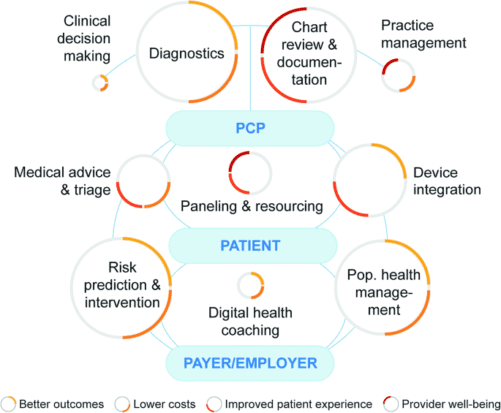
AI can help providers and their practices to improve operations like scheduling and patient check-ins and check-outs. AI-powered scheduling software could make life easier for patients and their medical providers. It will be able to analyze previous scheduling patterns for each patient and provide suggestions for the best date, time, provider and location for the […]
AI in Prior Authorizations

One of the key areas on the administrative side of healthcare is prior authorization. This is when clinicians need to get an approval from the insurance company to perform a service like an MRI for the patient. Insurance companies use prior authorization to control costs by preventing unnecessary procedures. This is always a point of […]
AI in Administration and Operations II
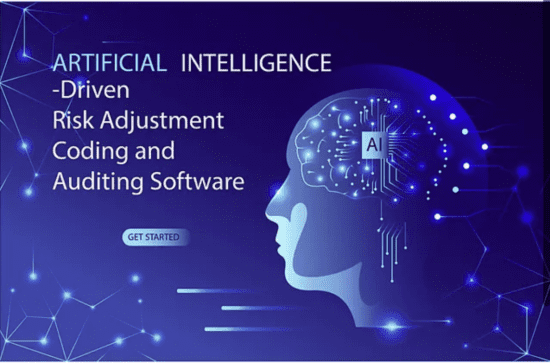
More than 40% of submitted claims aren’t paid electronically or automatically upon their first submission. The AI applications in this area include more accurate coding from processing provider documentation and identifying the relevant billable medical codes. There are now algorithms which can tap into historical data and use it to predict whether a claim will […]
AI in Administration and Operations I
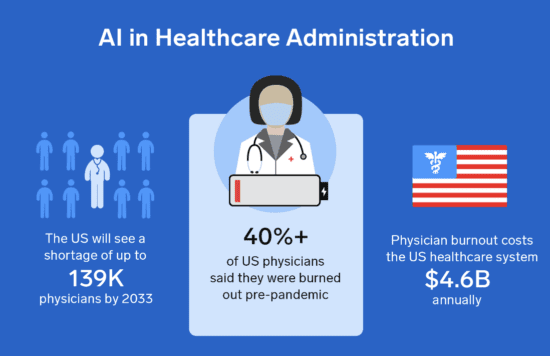
Most of the administrative functions in healthcare are done electronically nowadays, making AI the perfect tool to “figure out” what to do and to perform activities like completing forms, sending information and scheduling follow-ups. This would bring three economic improvements to the process: first, it would mean fewer healthcare resources, including the time of doctors […]
What are the consequences of a fragmented healthcare system?
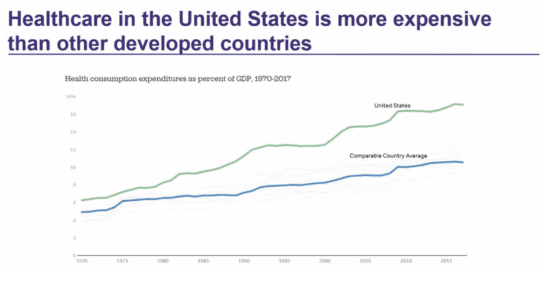
THE US HEALTHCARE ECONOMY is valued at almost $4 trillion. If it was a country, it would have the fifth largest economy in the world, and it equates to nearly half of what the entire world spends on healthcare. We can argue about whether that’s a good thing or not and what percentage of it […]
